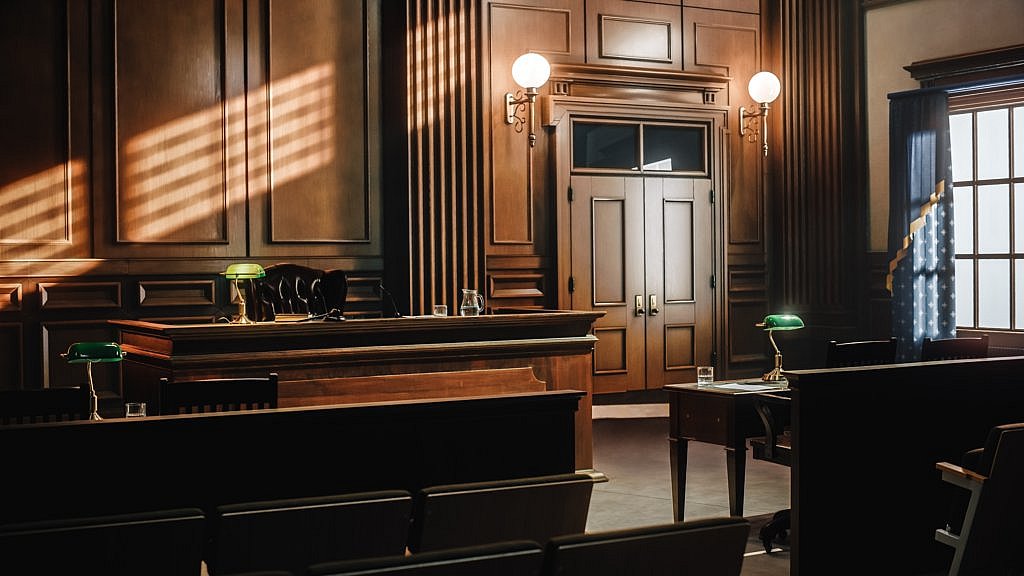
In Virginia, when a minor (defined by being under 18 years of age) is injured in a car accident (or other type of accident) due to the negligence of another, there’s extra steps that have to be taken to settle their injury claim. That’s because, by being under 18, a minor can’t enter a contract or make their own legal decision. So, Virginia uses “infant settlements” to ensure that minor’s best interests are preserved.
How do “infant settlements” work?
Under Virginia Code Section 8.01-424, (typically) the insurance company paying the settlement funds will petition the Court for an infant settlement. When they file the petition, they ask that an independent attorney (guardian ad litem, aka a GAL) be appointed to review the case and provide a report to the judge considering whether the settlement is in the best interest of the child.
Aren’t mom and dad presumed to always have their child’s best interest in mind?
The short answer is “no.” Unfortunately, there are instances where mom and dad take their children’s’ income, and nothing is left when they are older. For reference, think of pretty much every child movie star.
What about the Plaintiff’s attorney? Doesn’t the judge trust them?
Of course not! The truth is, while most attorneys have client’s best interest in mind, some attorneys simply want to make money. If that means settling a case for lesser value to avoid work, some attorneys make that choice. So, the judge will not simply trust your attorney.
How does a GAL and judge analyze a child’s best interests?
They will take a global perspective of the case. They will review the minor’s injuries, recovery, and future needs. They will look at the cause of the accident to determine whether there’s risk that the child may lose at trial, that then makes compromise more understandable. They will also consider whether there’s insurance limits that make settlement at a lower amount appropriate.
They will look at other aspects of the case, such as whether the minor is getting a fair amount relative to the attorneys, doctors/hospitals, and any other folks that may be taking funds away from the minor.
To be clear, the judge and GAL won’t typically “nickel and dime” cases. They will listen to the attorneys and parties, but there inherently will be some deference to the parties where it’s clear that the attorneys have done their jobs well and that parties believe the settlement is fair. However, to be clear, this is not a rubber stamp process, and judges will reject settlements they believe are not in the child’s best interest.
Once the Court approves the settlement, does mom and dad walk out with a check?
No, it’s not that simple. Indeed, in considering the best interest of the child, the GAL and judge will consider where the settlement funds are going. If there’s a relatively large sum of money involved, the Court will not simply hand the money over to mom and dad.
In fact, mom and dad are encouraged to seek out options that present as good investment opportunities for the child, such as a Virginia529 Plan, Structured Settlement or other legitimate investment vehicle. Of course, the Court will not simply sign off on mom and dad day-trading with the settlement funds. So, where to place the money is something you’ll need to consider.
If you’re not sure, in addition to asking your attorney, you can seek input from the GAL.
Do we have to go to court for an infant settlement?
Typically, you will need to appear in court with the minor so that the judge and GAL can speak directly with the child. To be clear, so long as it’s a well-considered settlement, this hearing should not be long nor complex. Indeed, it’s typically only a few minutes. However, you’ll want to talk to your attorney before the hearing to be prepared incase the judge asks you questions.
Usually, those questions will be straight forward and on point to the case. How’s the child’s recovery from their injuries, do they have any need for ongoing care, what do you plan on doing with the money, etc? Again, at the end of the day, the Court will simply be looking out for the best interest of the child.
Still have questions? Abrenio Law can help.
If you’ve read this far, you have just been bombarded with information. We hoped it answered some of your most glaring questions. Now it’s time to take the next step and reach out to an attorney. At Abrenio Law, we provide Free Consultations for Virginia Car accident cases. You can reach us at Ph. 703-570-4180. You can also learn more about Owner James Abrenio here.
